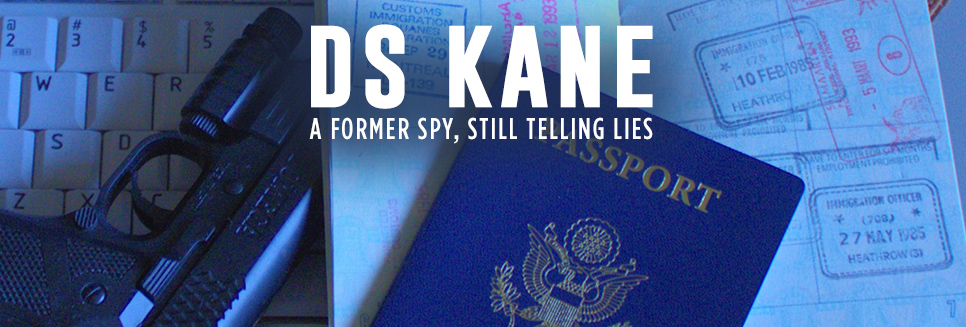Most people in the United States have been victims of identity theft and very few even know it. What people are even less aware of is that the problem is an unintended consequence of the very people who are supposed to protect us. And, even more infuriating is that many other countries, such as Germany and France, aren’t suffering.
When your identity is stolen, you are, in effect,
cloned, and your evil twin can ruin your credit, steal your house and your bank
account, get you hunted by the IRS and Homeland Security, and… even worse.
Recovery from identity theft is impossible and the problems will follow you
well past your death. Your family will inherit the problems you suffered.
So then, how is identity theft a problem started by
the United States government? Remember the NSA? Well, they aren’t the brightest
bulbs in the box, and even worse, they think they are. When they decreed that
no encryption technology on your computer and cell phone could be strong enough
to keep your data from being viewed by them, it also meant that any hacker on Earth
can know all about you. When the NSA makes a mistake or can’t do their peeping
Tom on your devices, they still earn a salary and live to start another day.
But hackers only eat when they’re successful. Since they’re better motivated
than any intelligence service hacker, they either succeed or they starve.
Survival of the fittest. And, they’re as smart or smarter than any NSA hackers
are.
Technology has become ever-more-complex at an
accelerating rate. The mantra, “Be the first to make your product obsolete, or
your competition will make you obsolete,” is something I hear every day in
Silicon Valley. Testing cycles used to be a full year. Now, they are shorter
than a week, and in most cases the develop-and-test-before-release cycles for
tech companies have become shortened so much that most testing is now done by
consumers after the software is being sold. The bugs hackers can exploit are
called “zero-day” flaws, and every piece of software you buy to make your life
easier has a multitude of them. The “zero-day” flaws make the hacker’s life a
blissful dream.
What can be done? Sadly, as long as the NSA keeps data
encryption non-existent, not much. We could pressure the President to get real
about the problem, but from what I’ve seen, he’ll never agree. We could stop
using tech, but that won’t help, because banks, doctors and other essential corporations we depend on are victims of the
tech thefts. Even if you never use a cell phone or a computer, you’ve still
probably got a dozen or so religious fundamentalists in third-world countries
walking around with a passport that has you name on it. Making security air
tight won’t happen unless we change the way we behave. Won’t happen ever.
Unwinding the roots of this problem won’t happen.
Curing it is impossible. Tech will continue to get more complex. Politicians
will remain ignorant of the problem even when confronted by it.
Welcome to your
worst nightmare.


No comments:
Post a Comment